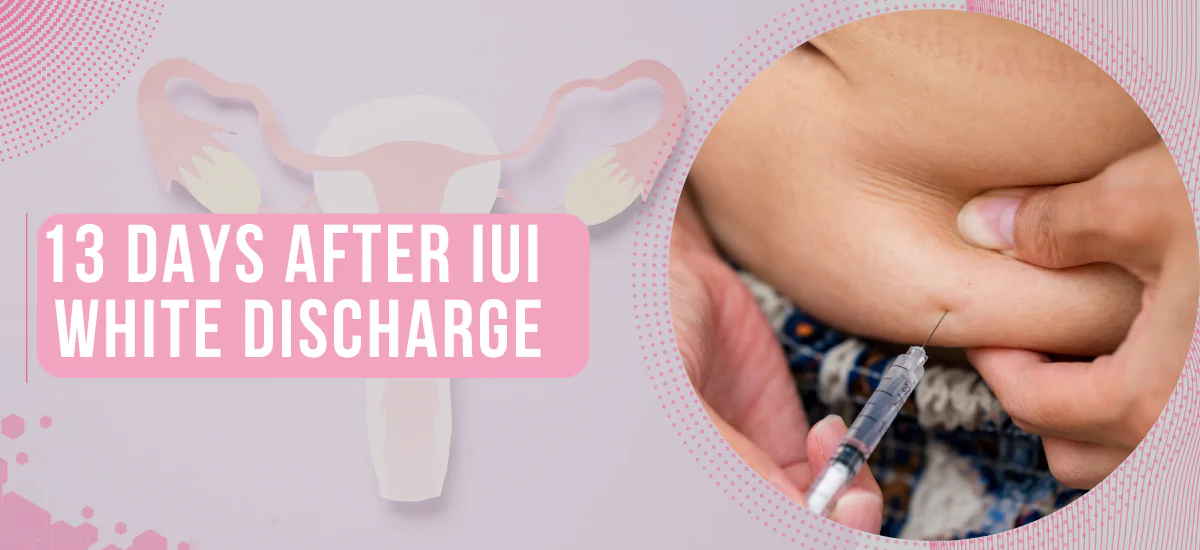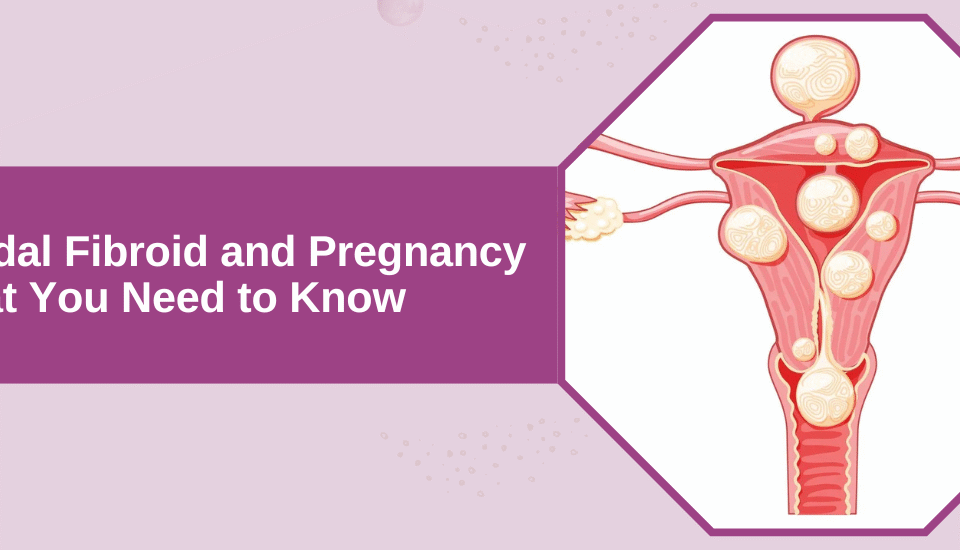- Have any questions?
- +91-98717 17305
- babiesandus12@gmail.com
13 Days After IUI White Discharge

IVF at 49 with own eggs
June 4, 2024
Four Days After IUI: Key Symptoms, Signs, and Guidelines
June 10, 2024Have you noticed white discharge 13 days after undergoing IUI and are wondering what it could mean? This common symptom can raise many questions for those trying to conceive.
This discharge could be indicative of various physiological responses. Understanding its implications in IUI is crucial. It helps manage expectations and prepare for potential next steps in your fertility journey.
This blog aims to clarify the nature of this symptom, with insights from Dr. Hrishikesh Pai, a renowned IVF doctor in Mumbai.
Let’s explore what white discharge 13 days after IUI could signify and how to approach this symptom with confidence.
Be sure to get the guidance you need. Book your appointment today for personalized treatment assistance.
Curious about when and why this symptom occurs? Let’s dive deeper.
When Does One Usually Experience White Discharge After IUI? For How Long Does One Experience?
White discharge after 13 days of IUI is common. It is noticed as the body reacts to the procedure and may be early signs of pregnancy.
Dr. Hrishikesh Pai says, “This discharge may be due to higher estrogen levels. Or, it may be a response to the progesterone given during treatment.” “It often happens a week or more after IUI. It can vary in duration and texture based on individual hormonal responses,” he adds.
From a medical view, white discharge is usually not a concern. But, it could be a problem if it is accompanied by discomfort, odor, or an unusual color. This could mean an infection.
Dr. Pai is recognized for his deep understanding of reproductive health. He offers treatments and insights tailored to each patient. He emphasizes the normality of many post-IUI symptoms. And, the importance of monitoring them without undue worry.
Explore more about your symptoms with guidance from leading fertility professionals. Book your consultation now!
Is this symptom normal? Let’s find out what the experts say.
Is White Discharge After 13 Days of IUI Normal?
Experiencing white discharge 13 days after IUI is generally considered normal and can even be a hopeful sign of early pregnancy. This happens as the body begins to prepare for potential gestation. This discharge is mainly due to the hormonal changes that support pregnancy. Many women undergoing IUI commonly observe it.
Fertility experts at our IVF Centre In Mumbai highlight that this is usually a mild symptom. But, any changes in the discharge should be discussed with a healthcare provider. It’s crucial to identify the difference between normal post-IUI discharge and symptoms that might signal complications. Awareness and understanding, backed by professional advice, ensure that women are well-informed and comfortable with their post-IUI experiences.
Stay informed and supported by consulting with a fertility professional. Click here to schedule your appointment.
What does this mean for your IUI outcome? Let’s explore the implications.
Is It a Positive or Negative Sign? Is White Discharge After 13 Days of IUI a Cause for Concern?
White discharge after 13 days of IUI can be interpreted in multiple ways. It is often a good sign. It could be the implantation process where the embryo attaches to the uterine lining. This leads to more cervical mucus. However, do not jump to conclusions. Similar symptoms can occur due to hormonal medications used in the IUI process. It’s essential to approach this symptom by consulting a healthcare professional for an accurate interpretation. Understanding the symptom’s context and receiving an expert’s assessment can help determine the next steps. The symptom might be a sign of pregnancy or just a reaction to the treatment.
Wondering about the causes behind this symptom? Here’s what you need to know.
Causes of White Discharge After 13 Days of IUI
Dr. Hrishikesh Pai an experienced IVF doctor explains that several factors can contribute to the occurrence of white discharge after IUI, including:
- Hormonal Changes: The use of progesterone and possibly estrogen, which are common in IUI treatments, can increase the likelihood of experiencing white discharge.
- Cervical Mucus Changes: As the cervix prepares for potential pregnancy, mucus production can increase, leading to discharge.
- Implantation: If the IUI is successful, implantation of the embryo can also cause discharge due to changes in the uterine lining.
- Infection Prevention: The body may increase mucus production as a natural defense mechanism to protect the cervix and uterus from bacterial and viral infections.
- Reaction to Medication: Some women may have a sensitivity or reaction to the medications used during IUI, which can result in increased cervical mucus.
- Stress Response: Emotional and physical stress related to fertility treatments can sometimes affect hormonal balance and lead to changes in discharge.
- Physical Examination or Procedure Effects: Recent examinations or procedures, such as ultrasounds or the IUI itself, can stimulate the cervix, potentially increasing discharge temporarily.
Understanding these causes can help demystify the experience of post-IUI symptoms and reduce anxiety about unexpected bodily changes.
What should you do if you experience this symptom? Here are expert recommendations.
What Should Be Done?
If you notice white discharge after 13 days of IUI, consider the following steps:
- Monitor the Symptom: Keep track of the discharge’s color, consistency, and any accompanying symptoms.
- Consult Your Specialist: Share your observations with your fertility expert to determine if further evaluation is needed.
- Maintain Good Hygiene: As always, maintaining good personal hygiene is important to prevent infections.
- Avoid Over-the-counter Treatments: Before using any over-the-counter remedies, consult with your healthcare provider.
- Stay Informed: Educate yourself about possible post-IUI symptoms to better understand your body’s responses.
By taking these steps, you can manage your post-IUI symptoms effectively and with confidence.
Ensure your health and peace of mind by consulting with a fertility expert. Book your appointment today!
Conclusion
Navigating the journey of intrauterine insemination (IUI) can be complex, but understanding common symptoms such as white discharge 13 days post-IUI can significantly ease concerns and guide appropriate actions.
With the insights and experience of seasoned professionals like Dr. Hrishikesh Pai from Babies & Us, patients can feel fully supported and comprehensively informed throughout their fertility treatments. Should any symptoms or concerns arise during your fertility journey, consulting with an expert IVF doctor like Dr. Pai is invaluable. These professionals are equipped to provide clarity and peace of mind, interpreting signs and guiding decisions with your best interests at heart.
FAQs
Is it normal to have white discharge 13 days after IUI?
Yes, it is normal; this discharge is often due to hormonal changes associated with the potential early stages of pregnancy.
Can white discharge 13 days post-IUI indicate pregnancy?
While white discharge can be a sign of pregnancy, it is not a definitive indicator, as it can also occur due to other reasons like hormonal fluctuations.
What should I do if I experience white discharge after an IUI procedure?
Monitor the discharge and consult with your healthcare provider if it changes in color or odor, or if you experience any discomfort or other symptoms.
Does white discharge post-IUI require medical treatment?
Usually, no medical treatment is needed for white discharge unless it is accompanied by other concerning symptoms like itching, burning, or a foul smell.




